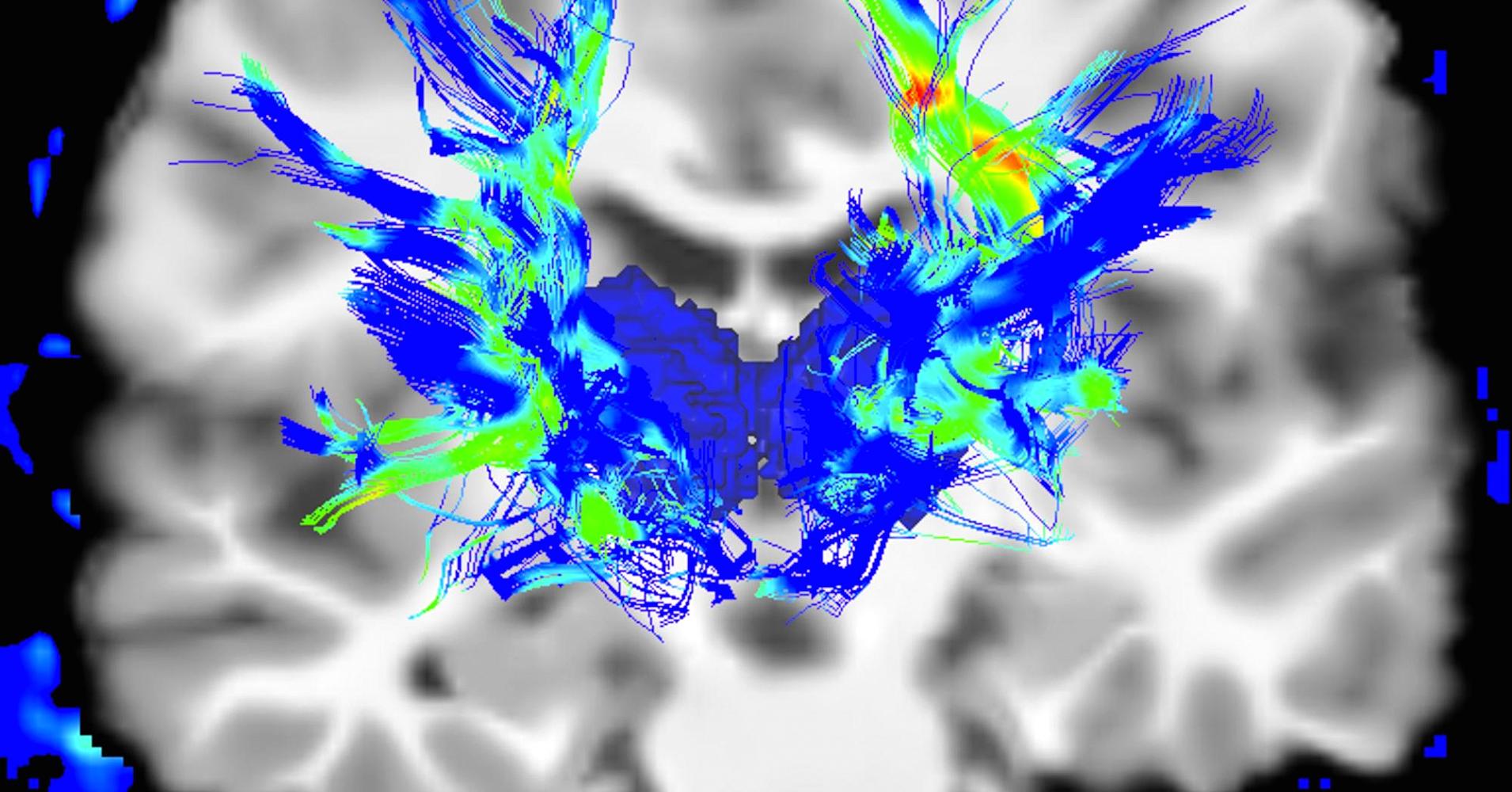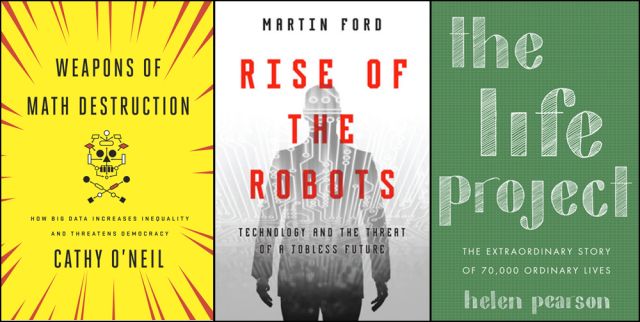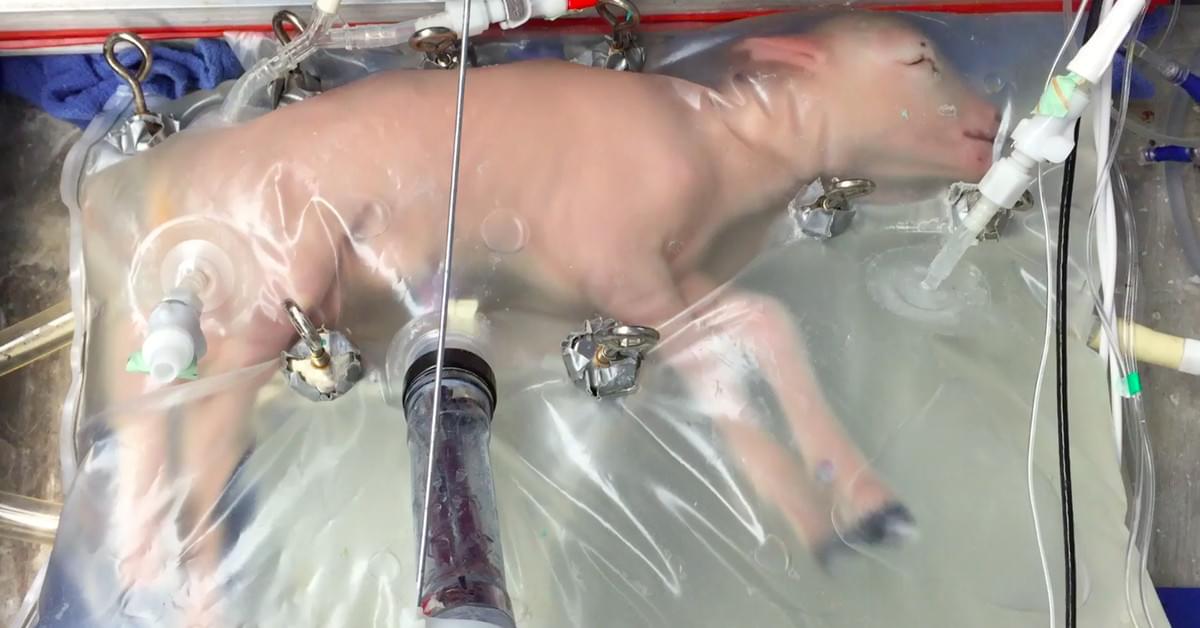Apr 29, 2017
#ymazing interview with Natasha Vita-More (Professor, University of Advancing Technology) about #AI and the future of humanity
Posted by Lily Graca in categories: biotech/medical, business, cyborgs, robotics/AI, transhumanism
Natasha is faculty and Program Lead of Graduate Studies at the University of Advancing Technology. Her book The Transhumanist Reader — Classical and Contemporary essays on the Science, Technology and Philosophy of the Human Future is the most read book on transhumanism. She designed the first whole body prosthetic and establishing groundbreaking science on long-term memory after vitrification of C. elegans. Her creative works have been featured in WIRED, The New York Times, The Observer, MIT Technology Review, U.S. News and World Report, YMAZING ![]() smile and in more than a dozen documentaries. She is Chair of Humanity Plus.
smile and in more than a dozen documentaries. She is Chair of Humanity Plus.
Natasha Vita-More World Business Dialogue #facingchange #20thwbdialogue #FutureOfHumanity #wow #ymazing Sam Dawkins









 The most common type of dementia is Alzheimer’s disease and as the average life expectancy has risen in recent decades so has the occurrence of this and other neurodegenerative diseases. Aging is the primary risk factor for Alzheimer’s and researchers are searching for new ways to combat this devastating disease.
The most common type of dementia is Alzheimer’s disease and as the average life expectancy has risen in recent decades so has the occurrence of this and other neurodegenerative diseases. Aging is the primary risk factor for Alzheimer’s and researchers are searching for new ways to combat this devastating disease.






